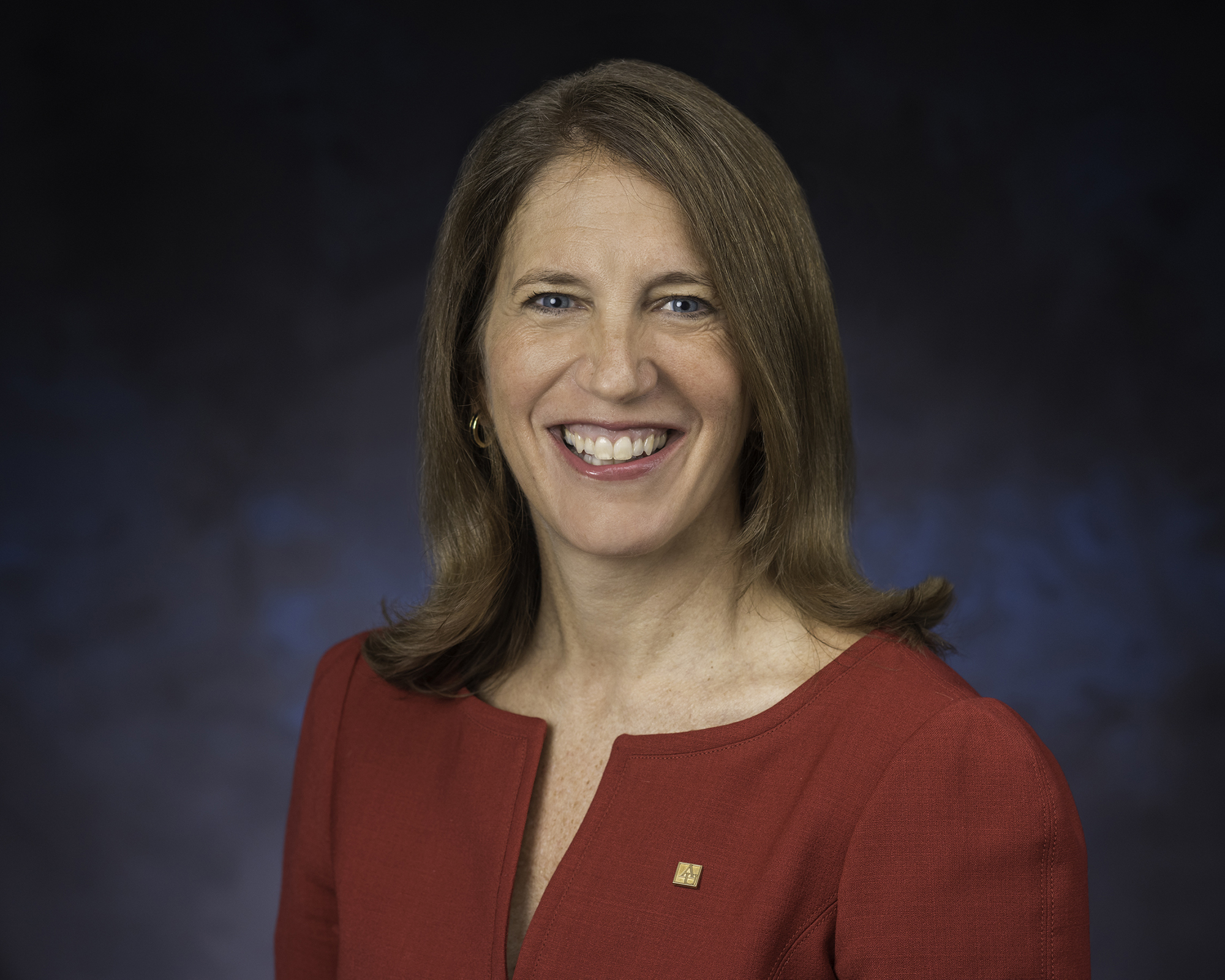It is supposed to be the time of their life — the halcyon days of college, when young adults grow, acquire knowledge, and learn new skills. But according to the 2016–17 Healthy Minds Study, an annual survey of mental health on American college campuses, while 44 percent of students said that they were flourishing, 39 percent reported experiencing symptoms of depression or anxiety. The proportion of students experiencing suicidal ideation has grown from six percent in 2007 to 11 percent in 2017. The percentage of students receiving psychotherapy has jumped from 13 percent to 24 percent over the same period. Even though more students are getting help, only a little more than half of those with symptoms of depression and anxiety had received treatment in the previous year.
The rise in mental health challenges is not limited to college students. One in every four adults in the United States will suffer from an anxiety disorder in the course of his or her lifetime, and suicide rates for men and women have risen since 2000. Whether these figures are a passing trend, the new normal, or a harbinger of greater challenges to come, one cannot fully know. But no matter what, universities need to deal with this uptick in psychological distress. No longer can they consider students’ mental health to be outside their area of responsibility.
Nowadays, that responsibility has broadened to include increasing students’ resiliency—that is, helping them not just avoid stress but also develop the tools to work through it. Resiliency is about decreasing students’ sense of overwhelming stress while fostering their growing autonomy to tackle difficult life challenges. It’s also about treating their very real depression and anxiety.
Taking responsibility for students’ mental health needs is particularly complex at a time when universities are rightfully under pressure about cost and access. And it is all the more complex given that part of the core mission of higher education is to challenge students.
The rest of this article can be found on Foreignaffairs.com


